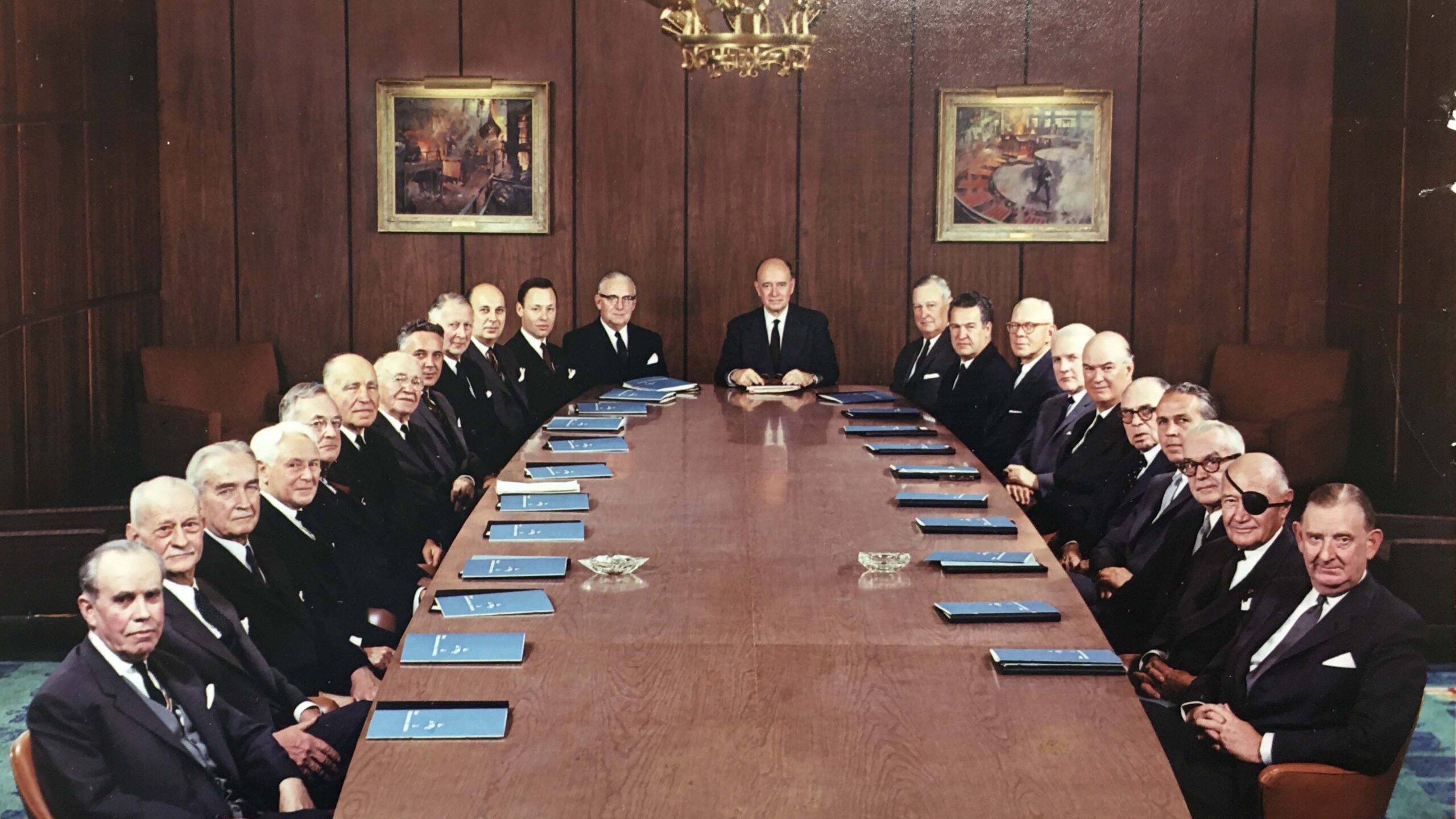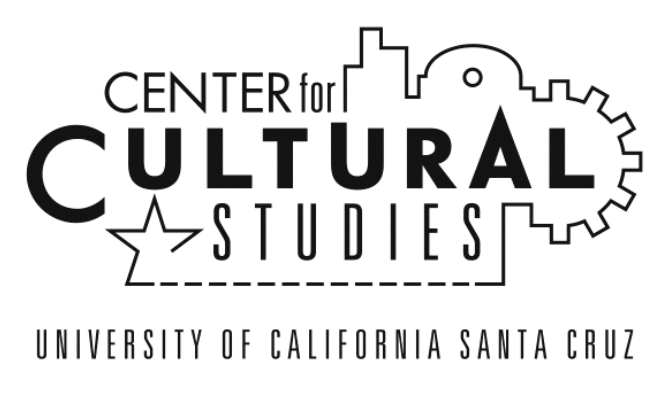Events

- This event has passed.

Marc Matera – Race After Empire: Racial Capitalism in Southern Africa and “Race Relations” in Britain
January 22 @ 12:15 pm - 1:00 pm | Humanities 1, Room 210
“Race relations” became synonymous with various obstacles to the “integration” of Commonwealth migrants in postwar Britain and, ultimately, shorthand for social and political issues perceived to be related to racial differences in general. However, interest in race relations did not center initially on Caribbean, South Asian, and African migrants to metropolitan Britain. Before the mid-1960s, race relations served as a means of conceptualizing and grappling with “problems of the end of Empire,” and efforts to study and manage them focused on centers of extractive industries in British settler colonies in Africa.
This talk demonstrates how white liberals and business leaders in colonial Africa provided institutional models and much of the personnel and start-up capital for a race relations industry in Britain that depoliticized racism and delegitimated anticolonial and Black Power politics by attributing them to racial identification. Studies of and policies targeting race relations in 1960s Britain emerged alongside and in connection with efforts to manage, co-opt, or divert the transformative potential of decolonization and to shape postcolonial futures with neoliberal solutions. From this perspective, when it comes to liberal politics of race, as the South African artist William Kentridge suggests (“Art in a State of Siege (100 Years of Easy Living),” 1988), “London is a suburb of Johannesburg”.
 Marc Matera is Professor of History at the University of California, Santa Cruz. He is the author of Black London: The Imperial Metropolis and Decolonization in the Twentieth Century (University of California Press, 2015). He coauthored The Global 1930s: The International Decade (Routledge, 2017) with Susan Kingsley Kent and The Women’s War of 1929: Gender and Violence in Colonial Nigeria (Palgrave Macmillan, 2012) with Misty L. Bastian and Susan Kingsley Kent. He recently contributed to and coauthored introductory and concluding essays for a thematic issue of Modern British History, “Marking Race in Twentieth Century Britain”. The research for Professor Matera’s talk was supported in part by a research fellowship from the American Council of Learned Societies.
Marc Matera is Professor of History at the University of California, Santa Cruz. He is the author of Black London: The Imperial Metropolis and Decolonization in the Twentieth Century (University of California Press, 2015). He coauthored The Global 1930s: The International Decade (Routledge, 2017) with Susan Kingsley Kent and The Women’s War of 1929: Gender and Violence in Colonial Nigeria (Palgrave Macmillan, 2012) with Misty L. Bastian and Susan Kingsley Kent. He recently contributed to and coauthored introductory and concluding essays for a thematic issue of Modern British History, “Marking Race in Twentieth Century Britain”. The research for Professor Matera’s talk was supported in part by a research fellowship from the American Council of Learned Societies.

WINTER 2025 COLLOQUIUM SERIES
THE CENTER FOR CULTURAL STUDIES hosts a weekly Wednesday colloquium featuring work-in-progress by faculty & visitors. We are pleased to announce our Winter 2025 Series. Sessions begin promptly at 12:15 PM and end at 1:30 PM (PST) in Humanities Building 1, Room 210.
Staff assistance is provided by The Humanities Institute.
